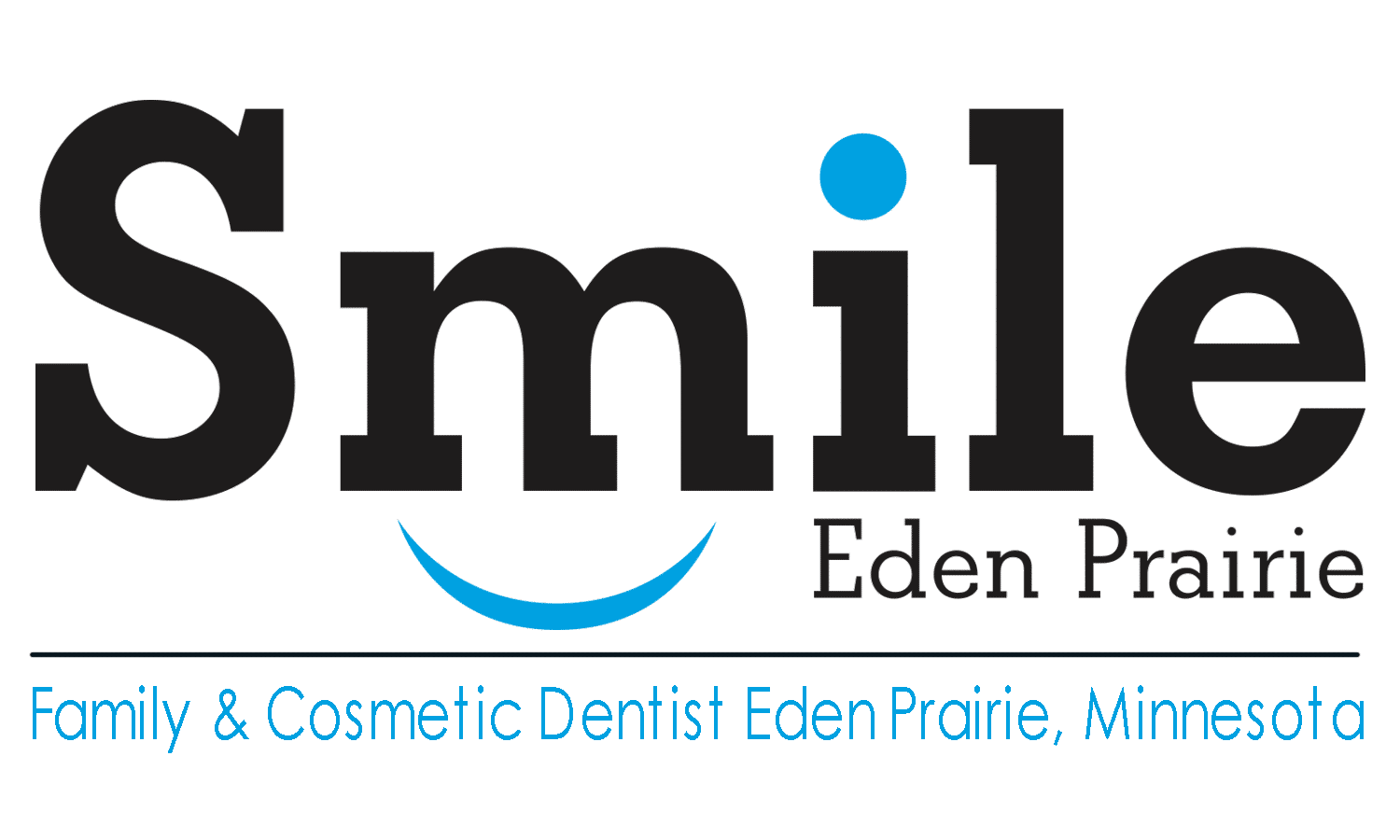Fixes for Missing Teeth
Losing a tooth can of course be painful, and also stressful. The good news is that there are now several options for replacing a missing tooth including the following:
- Removable Partial Dentures: Missing any of your front teeth can be especially uncomfortable and embarrassing. One option for dealing with a missing front tooth or teeth is a removable partial denture. This kind of denture is worn during the day, and sometimes metal clasps are needed to keep the denture secured in the mouth. The disadvantages include visibility and/or subtle movements of the metal clasps when smiling and/or speaking. But with the removable partial denture option no teeth need to be filed down, and it is also usually economical.
- Temporary Dentures: Often used as a short term tooth replacement solution a temporary denture (also called a “flipper” because of the way it can easily flip in and out) is most often used when a tooth will be restored at a future time with an implant or bridge. Though similar to removable partial dentures, “flippers” are less bulky, less sturdy, but also less expensive, and usually only used while the missing tooth site is waiting to heal.
- Bridges: A bridge is often used where there teeth on both sides of a missing tooth. Since a bridge is fixed and is meant to stay cemented in the mouth it will not come out easily. One or two teeth can easily be replaced by a bridge, and sometimes a bridge is able to help with repair of teeth adjacent to the missing tooth or teeth. There are possible disadvantages to using a bridge, and these can be discussed with your dentist if this approach is recommended.
- Implants: A dental implant can be a very effective way of replacing a missing tooth. An implant is able to replace the root of a missing tooth and actually is able to heal in the bone over a few months. After the healing period a crown is placed and cemented. When an implant is used no other teeth will need to be altered. Implants can be an ideal solution for a single missing tooth, or multiple implants can be used for multiple missing teeth; and implants are effective in both their functionality and appearance.
- Allowing For a Missing Tooth: If you do lose a tooth there is of course always the approach of doing nothing and letting the mouth adapt naturally. When a tooth falls out or is extracted eventually the bone will kind of “melt” away which will then allow other nearby teeth to shift a bit, eventually possibly even moving enough to fill in the gap. If you allow your mouth to adapt naturally like this, sometimes with teeth shifting a bit a place that is difficult to clean can be created which can of course cause irritation and/or further dental issues. And sometimes other issues in the area surrounding the missing tooth can develop, such as bone decay or loss around the remaining teeth.
